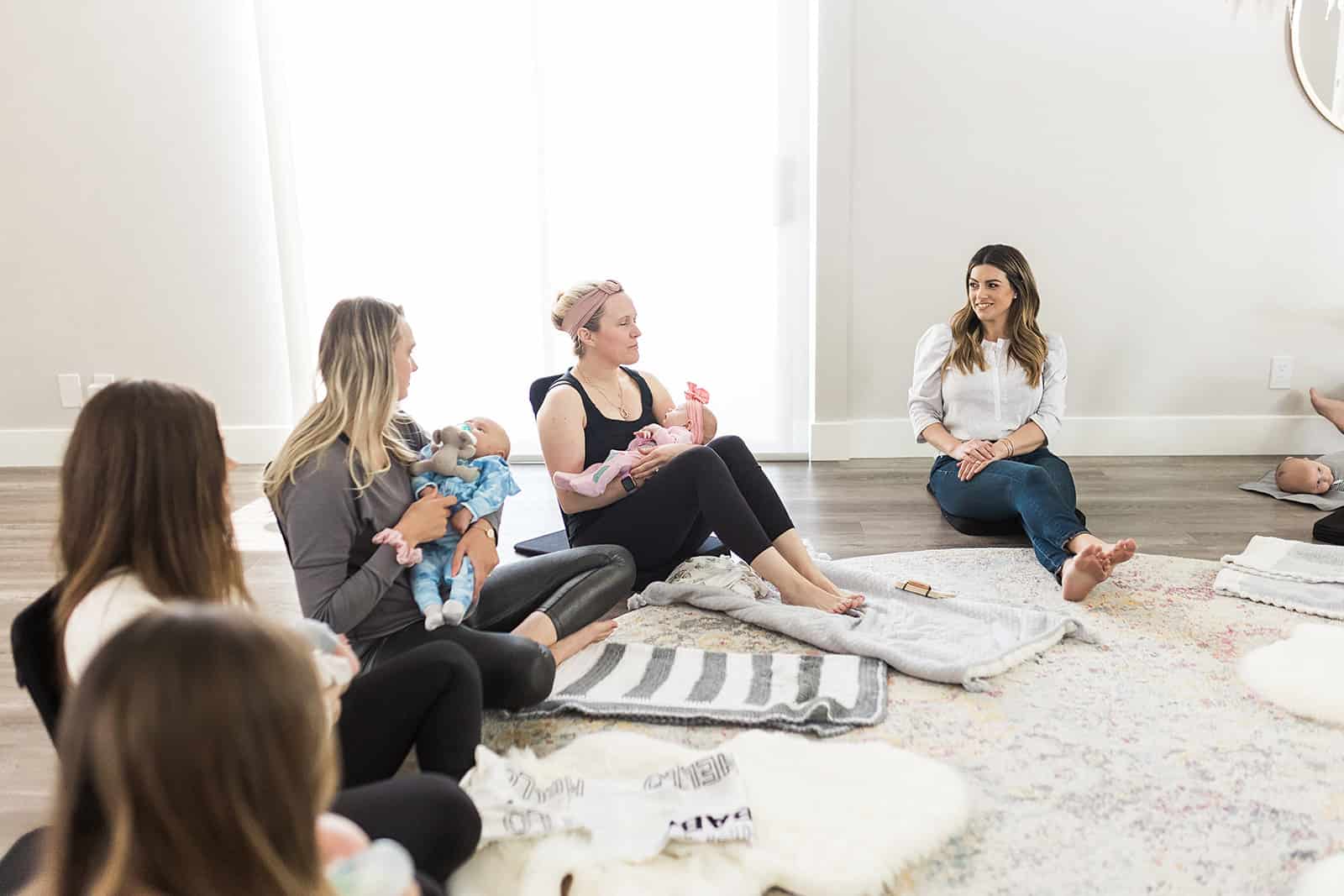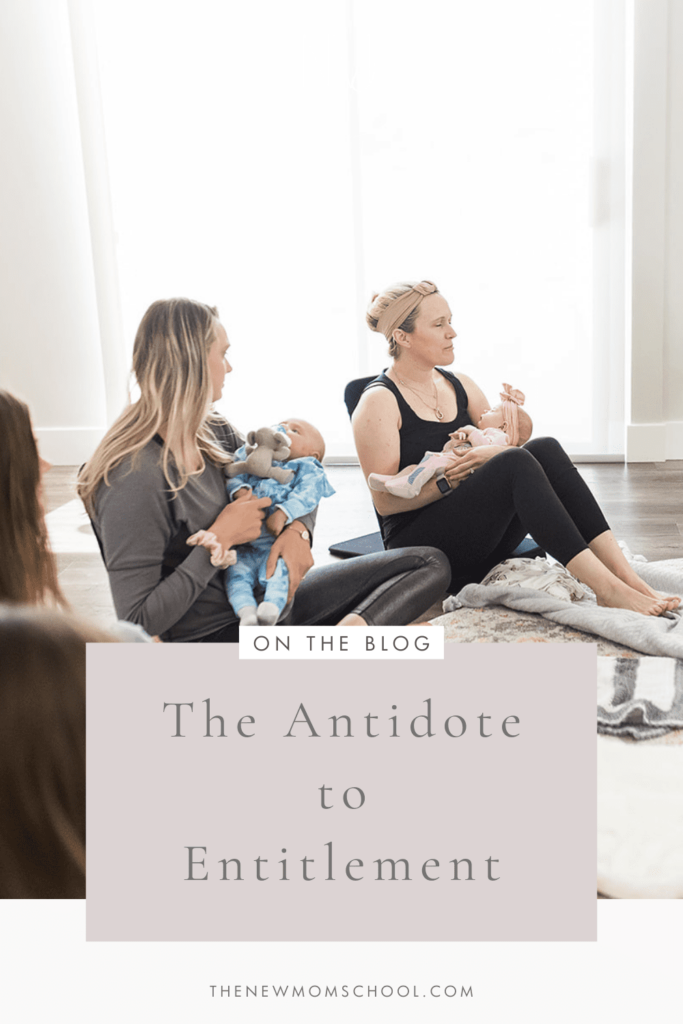Entitlement is believing that you are special and people owe you something. It’s the attitude that having good things is your birthright, not a privilege or a gift – and the very best antidote we have to combat entitlement is gratitude.
Research shows that gratitude is healthy for us and benefits kids and adults alike. Regularly experiencing gratitude plays a major role in increasing our happiness and protects us from entitlement, stress and depression. More than just happiness, gratitude is known to increases self-esteem, hope, empathy and optimism. We know that kids who practice grateful thinking are less materialistic, less envious and more satisfied with life. When we struggle emotionally, feeling grateful can help heal us. The truth is the deeper our gratitude and the more we find to be grateful for, the more we get out of life.
Knowing all the positive benefits of gratitude here are three important things parents should know when fostering gratitude and appreciation in children.
Teach your kids to be grateful for people in their lives, not just things. Start when your kids are really young to set limits on materialism and get in the habit of saying thank you. Help your children notice when another person has helped them or done something nice for them and teach them to take time to say thank you. There are countless opportunities every day to say thank you – thanking the waitress who serves you food, the cashier at the grocery store, a teacher for teaching, and a coach for leading practice. Putting effort into acknowledging other people for their kindness registers in your child’s brain that something good has happened and with repetition, goes a long way to building a trait of gratitude – not to mention the added positive that people in your child’s life will glow with happiness when they are intentionally thought of and acknowledged.
Gratitude thrives on specificity. Expressing gratitude feels more authentic when expressed specifically rather than generally. Rather than saying, “thank you for the wonderful gift” the best expressions of gratitude acknowledge the specific good intentions or acts of kindness received from others. Being specific shows you were genuinely paying attention to the other person, not just going through the motions – “Thank you for the hug. You really made me feel better when I was feeling sad.” From a young age begin to model thanking and specificity for your child.
Gratitude doesn’t make problems disappear. It’s easy to be grateful for the good things in life but kids need to learn to find the positive in the hard things too. Looking at life experiences through a grateful lens doesn’t mean denying our negative experiences. It’s important we help kids realize that in every negative experience (and they will experience many of them) we can reframe the experience to find the positives they may be overlooking. Help your children learn to turn an obstacle into an opportunity and a loss into a potential gain. This teaches our kids to be resilient.
Gratitude starts at home. Be a grateful parent and tell your kids why you love them and are grateful to have them. Let them know that you are thankful for their smiles, their hugs, and their help. Tell them what makes them special and show your kids that living gratefully is so much more than toys and material things. How wonderful would life be if our kids felt blessed every day because of the loving, caring, and genuine relationships in their lives?
Your parenting counts!


